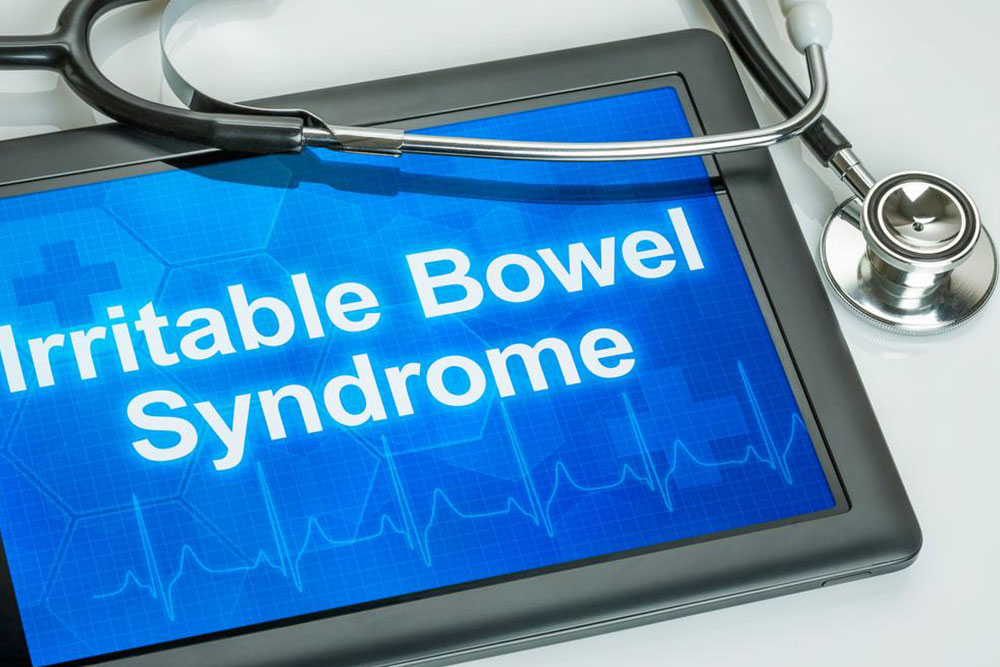Comprehensive Guide to Common Digestive Disorders and Their Root Causes
This comprehensive article explores common gastrointestinal issues such as gas, bloating, GERD, constipation, and diarrhea. It discusses their causes, symptoms, and effective management strategies to promote better digestive health. Understanding these conditions can help individuals take proactive steps towards alleviating discomfort and preventing severe health problems, emphasizing the importance of lifestyle modifications and timely medical interventions.

Understanding Common Digestive Disorders and Their Origins
Digestive health is a crucial aspect of overall well-being, yet many individuals suffer from various gastrointestinal issues that can significantly impact daily life. Research shows that nearly 40% of people worldwide experience some form of digestive discomfort or disorder at different times. From mild, transient symptoms to severe, chronic conditions, gastrointestinal problems can affect individuals across all age groups, genders, and lifestyles. Understanding the primary causes, symptoms, and potential management strategies for common gastrointestinal conditions can empower individuals to seek appropriate treatment and make lifestyle modifications that improve their digestive health.
This detailed guide explores four of the most prevalent gastrointestinal conditions, their typical causes, symptoms, and effective ways to manage or prevent them. Whether you experience occasional bloating or chronic reflux, recognizing the underlying factors can help you take proactive steps toward better digestive wellness.
Gas and Bloating: Causes, Symptoms, and Management
Gas and bloating are among the most common gastrointestinal complaints, affecting a vast segment of the population regardless of age or gender. These symptoms often manifest as a swollen abdomen, discomfort, and the need to pass gas multiple times a day. While occasional gas is a normal part of digestion, excessive or persistent bloating can signal underlying issues that require attention.
Gas is produced naturally during the digestion process when bacteria in the gut break down certain foods. Common culprits include vegetables like asparagus, beans, broccoli, Brussels sprouts, cabbage, cauliflower, and onions, which contain fermentable fibers known to produce gas. High-fiber diets can also contribute to increased gas, especially if introduced suddenly.
To manage bloating, individuals are advised to monitor their intake of gas-producing foods, eat slowly to facilitate better digestion, and stay active. Over-the-counter remedies like simethicone may provide relief. If bloating persists or worsens, consulting a healthcare professional is recommended.
Gastroesophageal Reflux Disease (GERD): Causes, Symptoms, and PreventionGERD, often referred to as acid reflux or heartburn, is a chronic condition where stomach acid flows back into the esophagus, causing a burning sensation that can radiate from the upper stomach to the chest and throat. This condition affects millions worldwide and can significantly impair quality of life if not properly managed.
Various factors contribute to GERD, including overeating, consuming spicy or fatty foods, caffeine intake, alcohol consumption, smoking, and stress. Post-meal inactivity, such as lying down immediately after eating, also increases the risk of acid reflux. Certain medications and obesity are additional risk factors.
Management strategies include dietary modifications—avoiding triggering foods like fried, greasy, and highly seasoned dishes—and lifestyle changes such as losing weight, elevating the head of the bed, and avoiding lying down after meals. In some cases, medications like antacids, proton pump inhibitors, or H2 blockers are prescribed to reduce acid production and alleviate symptoms.
Constipation: Causes, Symptoms, and Tips for ReliefConstipation is characterized by infrequent or difficult bowel movements, often defined as fewer than three bowel movements per week. It is a common issue that can result from various factors, including dietary habits, lifestyle, medication use, and underlying health conditions.
Potential causes include low fiber intake, dehydration, sedentary lifestyle, stress, bowel obstructions, nerve problems, hormonal imbalances, and certain medications. Pregnant women, diabetics, and individuals with thyroid disorders are particularly susceptible.
Effective management often involves increasing dietary fiber through fruits, vegetables, and whole grains, maintaining adequate hydration, and engaging in regular physical activity. Over-the-counter laxatives may be used temporarily, but persistent constipation warrants medical evaluation to rule out underlying causes.
Diarrhea: Causes, Symptoms, and When to Seek HelpDiarrhea involves the frequent passage of loose, watery stools and can range from mild to severe. It commonly affects millions annually and can be caused by infections, food intolerances, medications, or other health conditions.
Common triggers include contaminated food and water, viral or bacterial infections, gastrointestinal illnesses, food sensitivities (such as lactose intolerance or gluten sensitivity), and side effects from medications. Dehydration is a significant risk associated with diarrhea, especially in vulnerable populations like children and the elderly.
Management involves staying well-hydrated, consuming a bland diet, and avoiding foods that may aggravate symptoms. In cases of severe or persistent diarrhea, medical attention is necessary to identify and treat any underlying infections or illnesses. Antibiotics or other specific treatments may be required based on diagnosis.
In conclusion, gastrointestinal issues are widespread but often manageable with appropriate knowledge and lifestyle adjustments. Recognizing symptoms early, making dietary modifications, maintaining good hydration, and seeking medical advice when necessary can significantly improve digestive health and overall quality of life.





